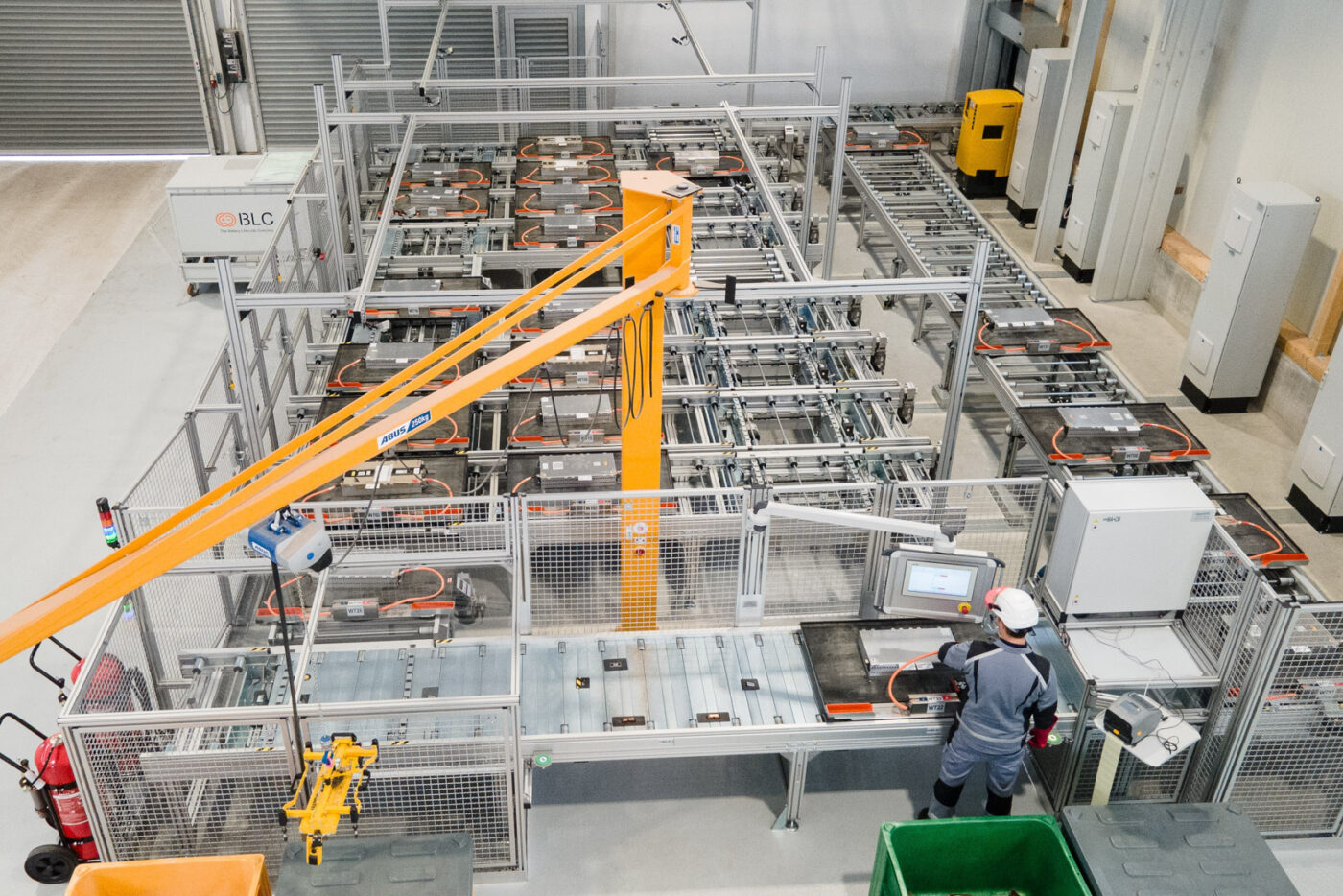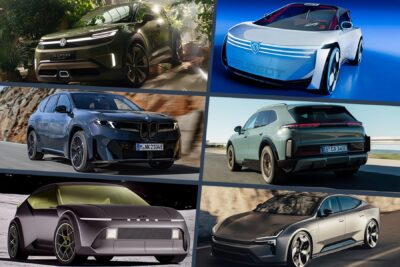BLC puts fully automated battery discharge system into operation
In the new facility, BLC can prepare the batteries for safe and raw material-optimised recycling by dismantling and discharging them and also offer repairs to electric vehicle batteries in the long term. Although such repairs are theoretically already possible today, they are usually not economically viable due to the high amount of manual labour involved, which is why the entire battery pack is simply replaced and the ‘old’ battery disposed of.
The deep discharge plant in Magdeburg was already announced when the company was founded in 2023. The technology for this line was supplied by Bosch Rexroth at the time. According to Bosch, the system will be able to transport battery material weighing up to 150 kilograms per workpiece carrier at a speed of 18 metres per second. The deep discharge is also worth mentioning: Eight lithium-ion batteries from electric cars can be discharged automatically in less than 15 minutes. With the current manual process, it takes up to 24 hours before the batteries are fully discharged.
In Magdeburg, BLC wants to implement a “level of automation that is unique in the industry”. “The aim is to reduce the workload on staff and make processes more efficient and safer,” the press release states. The batteries are automatically deep discharged there and are to be dismantled robotically in the future. This should also make it possible to work in parallel: While the robot loosens the screw connections, the employees can concentrate on quality checks, cable connections or data analyses.
“An electric car battery weighs up to 700 kilograms and has around 180 screws. Disassembling them involves a lot of effort,” said Florian Karlstedt, Co-Managing Director of BLC. “If the employees here have to handle every screw manually, it’s detrimental to their health, motivation and process efficiency. We want to prevent that.”
The batteries discharged and dismantled there are to be recycled in future – but modules tested for safety can also be installed in stationary battery storage systems for second-life use – such testing is already part of day-to-day business, according to BLC.
The company – a joint venture between the Rethmann sister companies Rhenus Automotive and TSR Automotive GmbH – has been operating from its site in Rheda-Wiedenbrück to date. Up to 15,000 tonnes of batteries can be processed at the new site in Magdeburg Harbour, around six times as much as in Rheda-Wiedenbrück. BLC is thus opening one of the largest facilities in Europe and marks an important step in the company’s capacity expansion.
Magdeburg was not chosen by chance: BLC emphasises the convenient location near the Magdeburg motorway. This means that “customers from Wolfsburg, Berlin, Dresden and Leipzig are in the immediate vicinity and can be reached quickly.” “We want to be where our customers are in order to create the most efficient logistics possible,” explained Lukas Brandl, the company’s second Co-Managing Director alongside Karlstedt.
Source: Info via email





0 Comments